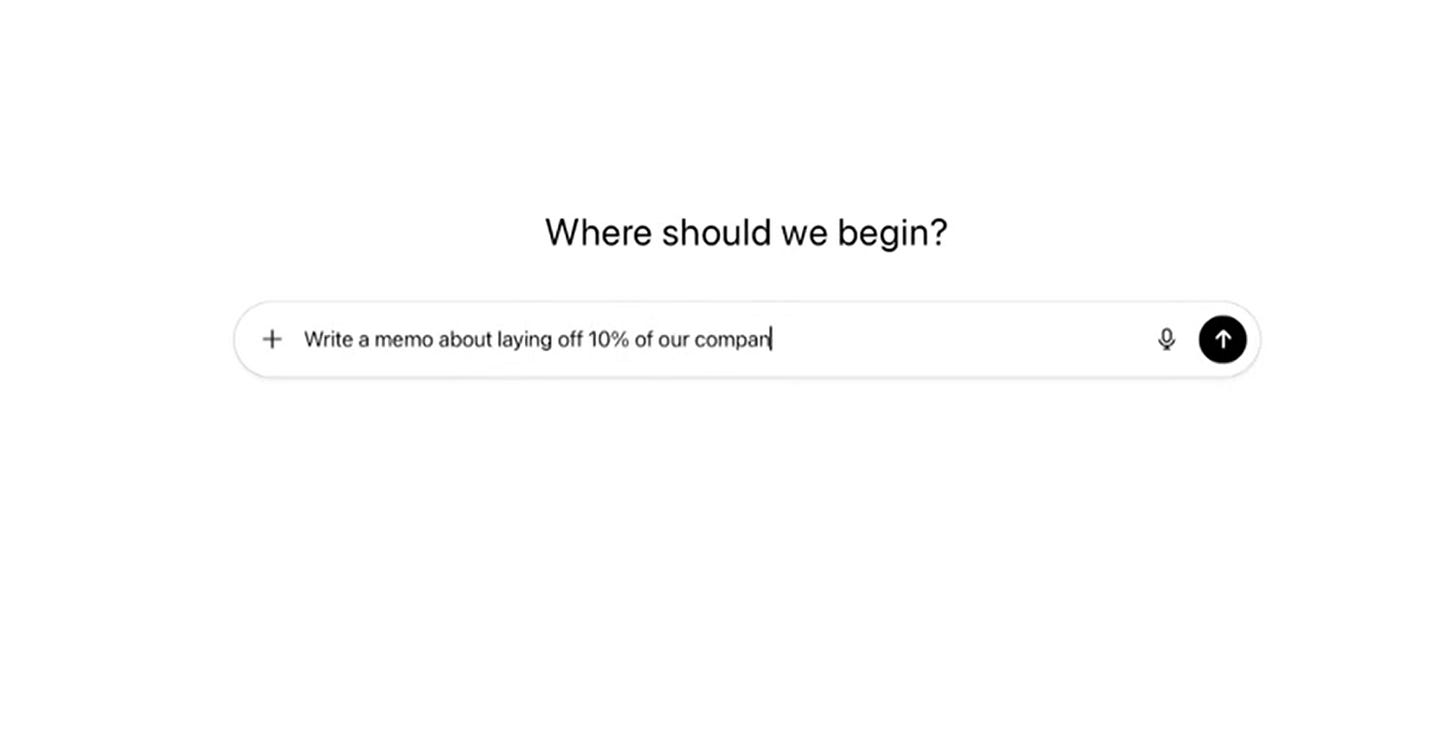"I read today an interview with a guy who said, you know, 'By 2027, we will be jobless, lonely, crime on the streets,'" said David Autor, a labor economist at MIT. "
And I said, 'How do I take the other side of that bet?' 'Cause that's just not true. I'm sure of that. My view is, look, there is great potential and great risk. I think that it's not nearly as imminent on either direction as most people think."
I said, "But what it does seem to do is relieve the newcomers, the beginning, incoming novices we don't need anymore."
"This is really a concern," Autor said. "Judgment, expertise, it's acquired slowly. It's a product of immersion, right? You know, how do I care for this patient, or land this plane, or remodel this building?
And it's possible that we could strip out so much of the supporting work, that people never get the expertise. I don't think it's an insurmountable concern. But we shouldn't take for granted that it will solve itself."
Let's cut to the chase. What are the jobs we're going to lose? Laura Ullrich said, "We analyzed 2,800 specific skills, and 30% of them could be, at least partially, done by AI." (Which means, 70% of job skills are not currently at risk of AI.)
Read more | CBS NEWS

